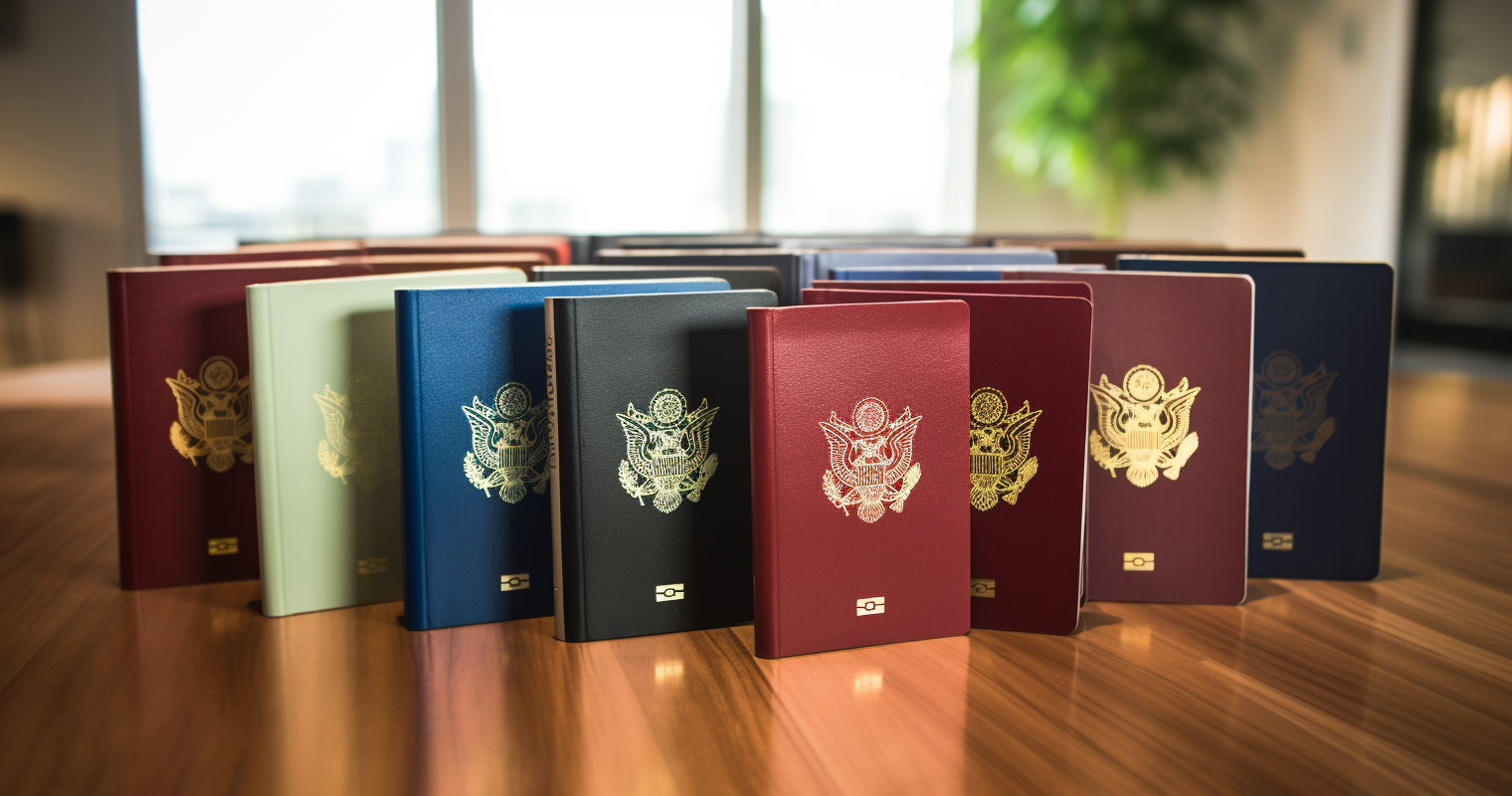Citizenship in Switzerland is generally granted based on the principles of jus sanguinis, which means the “right of blood”. In general, this means that citizenship is granted to people who have at least one Swiss parent, regardless of where they were born. However, there are also several other ways to become a Swiss citizen, including:
- Naturalization: This is the process by which a foreign national can become a Swiss citizen through application and approval by the government.
- Marriage: If a foreign national marries a Swiss citizen, they may be eligible for citizenship.
- Simplified naturalization: This process is available to foreign nationals who have lived in Switzerland for a certain period of time and meet specific criteria.
Process of Applying for Citizenship in Switzerland
The process for applying for Swiss citizenship varies depending on the specific circumstances of the applicant. In general, the process for naturalization involves the following steps:
Meet the eligibility requirements: To be eligible for naturalization, you must meet certain requirements, such as living in Switzerland for a certain period of time, having a clean criminal record, and being financially stable.
Submit an application: You must submit an application for naturalization to the government. This typically involves providing personal information, documentation, and proof that you meet the eligibility requirements.
Background check: The government will conduct a background check to ensure that you meet the eligibility requirements and that there are no issues that would prevent you from becoming a Swiss citizen.
Interview: You will be interviewed by a government official to assess your language skills, knowledge of Swiss history and culture, and commitment to Swiss values.
Approval: If your application is approved, you will be required to renounce any other citizenships you hold, and you will be granted Swiss citizenship.
Advantages of Being Granted Citizenship in Switzerland
There are several advantages to being granted citizenship in Switzerland, including:
- The right to vote and participate in Swiss politics
- The ability to live and work in Switzerland without a visa or work permit
- Access to the Swiss social security system and healthcare system
- The ability to travel with a Swiss passport, which is considered one of the most powerful passports in the world
Rules Surrounding Dual Citizenship in Switzerland
In general, Switzerland does not allow dual citizenship. This means that if you become a Swiss citizen, you will be required to renounce any other citizenships you hold. However, there are some exceptions to this rule. For example, if you are a citizen of a country that does not allow you to renounce your citizenship, or if you are a citizen of another country that allows dual citizenship, you may be able to retain your other citizenship.
Reliable Information on Citizenship in Switzerland
The best source of information on citizenship in Switzerland is the website of the Swiss Federal Office for Migration (FOM). The FOM provides detailed information on the eligibility requirements and application process for naturalization, as well as information on other ways to become a Swiss citizen. Additionally, the Swiss embassy or consulate in your country may be able to provide further information and guidance on the citizenship process.

